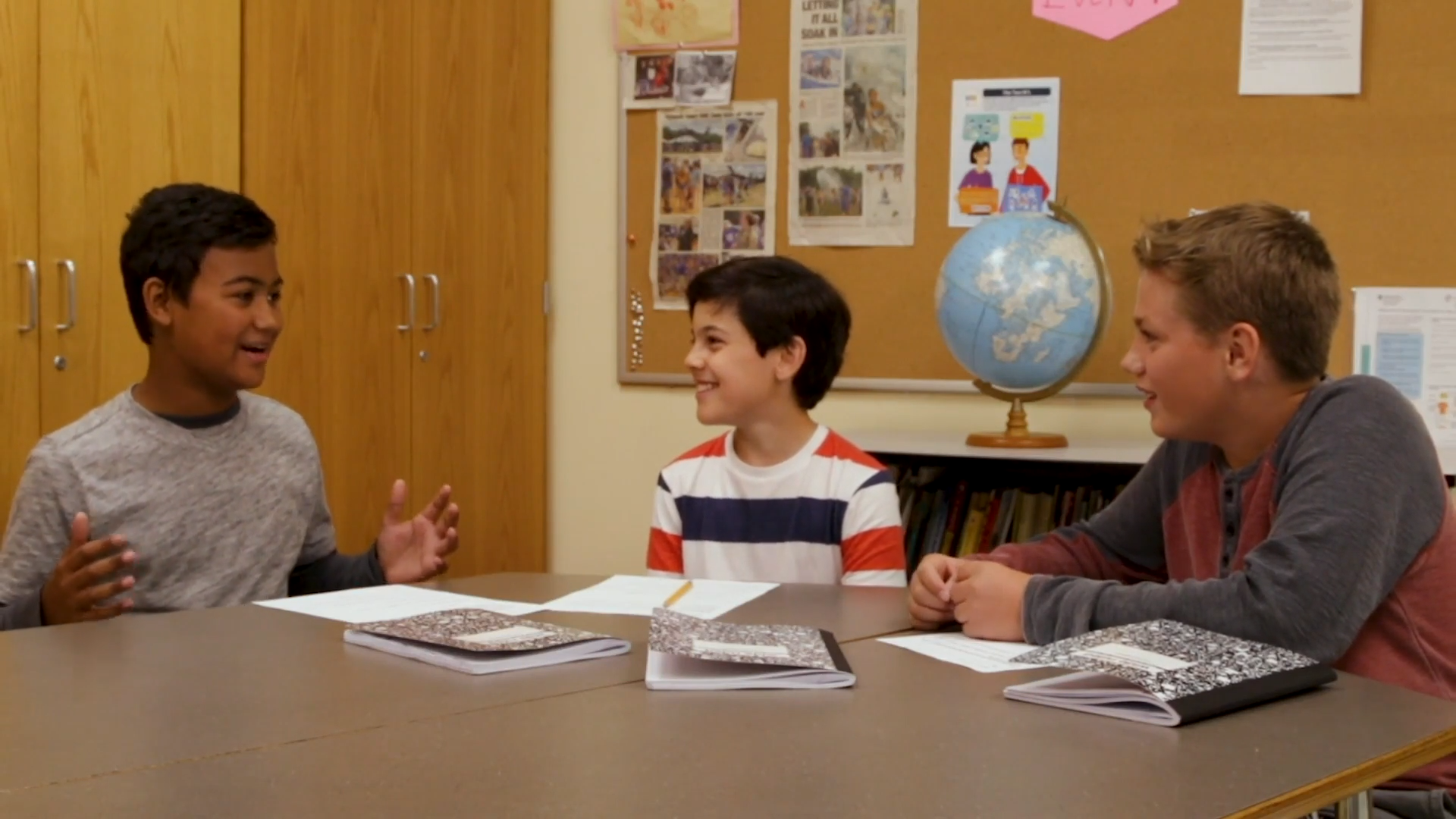Introduction
Compromising is a vital skill for students to learn, as it enables them to solve problems quickly and maintain positive relationships with others. This blog post focuses on an engaging activity called “Guess What Happens Next,” which helps students understand the concept of compromising and practice it in different situations. By participating in this activity, students will learn to give up part of what they want to ensure everyone’s happiness and develop essential social-emotional skills.
No-Prep Activity: Guess What Happens Next
This activity requires no preparation or materials from the educator. You can use videos or create scenarios to demonstrate compromising situations. Here’s how it works:
- Present a scenario or play a video where characters face a situation that requires compromise.
- Pause the video or stop the scenario right before the characters make a decision.
- Provide three possible options for what might happen next, emphasizing the importance of compromise in each choice.
- Ask students to guess which option will happen next, focusing on the characters’ willingness to compromise.
- Reveal the correct answer and discuss the outcome, highlighting the benefits of compromising and considering others’ happiness.
Remember to encourage students to think about whether the characters are giving up part of what they want and what they could have done differently in each scenario.
Discussion Questions
Use these questions to stimulate further discussion about compromising among your students:
- Why is compromise important in maintaining positive relationships with others?
- Can you think of a time when you had to compromise? How did it make you feel, and what was the outcome?
- What strategies can you use to suggest a compromise effectively in different situations?
- How can understanding other people’s perspectives help you make better compromises?
- What challenges might you face when trying to compromise, and how can you overcome them?
Related Skills
Teaching compromise skills to students in special education not only helps them resolve conflicts but also supports the development of other important social-emotional skills, such as:
- Active listening
- Empathy
- Assertiveness
- Problem-solving
- Respect for others
Next Steps
Now that you have learned about the Guess What Happens Next activity and its benefits in teaching compromise skills, it’s time to explore more resources to support your students’ social-emotional learning journey. We invite you to sign up for free sample materials that cover various social-emotional skills, including compromising, active listening, empathy, and more. These resources can help you create a more inclusive and supportive learning environment for your students.






